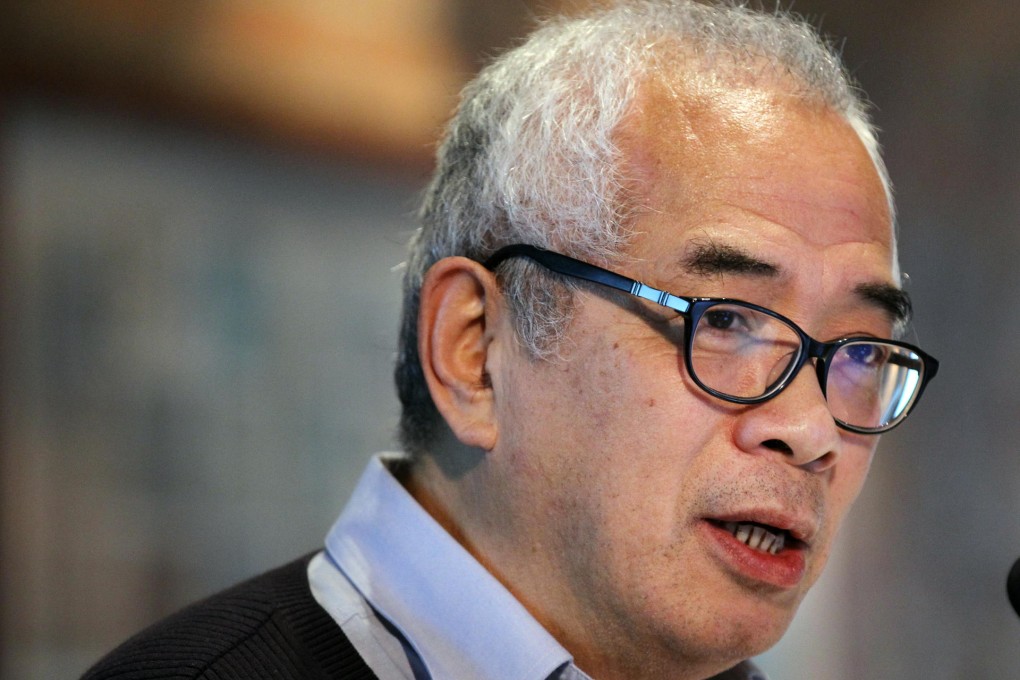Deng Xiaoping was all for autonomy for Hong Kong, but not for elections
On a 1993 visit to Hong Kong to promote her biography of her father, former paramount leader Deng Xiaoping , Deng Rong said he had often hoped to visit the city when it reverted to Chinese rule in 1997.

On a 1993 visit to Hong Kong to promote her biography of her father, former paramount leader Deng Xiaoping, Deng Rong said he had often hoped to visit the city when it reverted to Chinese rule in 1997.
"My father told me he wanted to go to Hong Kong, even sitting in a wheelchair, if he could not go there on his own two feet," Deng's youngest daughter said.
It was to remain an unfulfilled dream. Deng died on February 9, 1997 - five months before China resumed sovereignty over the city.
Regaining territories ceded to Western powers in the late Qing dynasty had been a top priority since the end of the Manchu regime in 1911. It was important for Deng to fulfil that goal.
The "one country, two systems" formula, allowing Hong Kong to continue its capitalist system while the mainland practised socialism, was originally crafted by Chinese leaders in the late 1970s to bring Taiwan back to the fold. But an overture by Marshal Ye Jianying , then chairman of the National People's Congress, met with a lukewarm response from the ruling Kuomintang.
In 1981, a working group on Hong Kong policies suggested that the approach be applied to the British colony, said Li Hou, former deputy director of the Hong Kong and Macau Affairs Office.
Under the "one country, two systems" formula, Hong Kong would remain a free port and enjoy a high degree of autonomy. The capitalist system and certain freedoms would remain unchanged for 50 years.